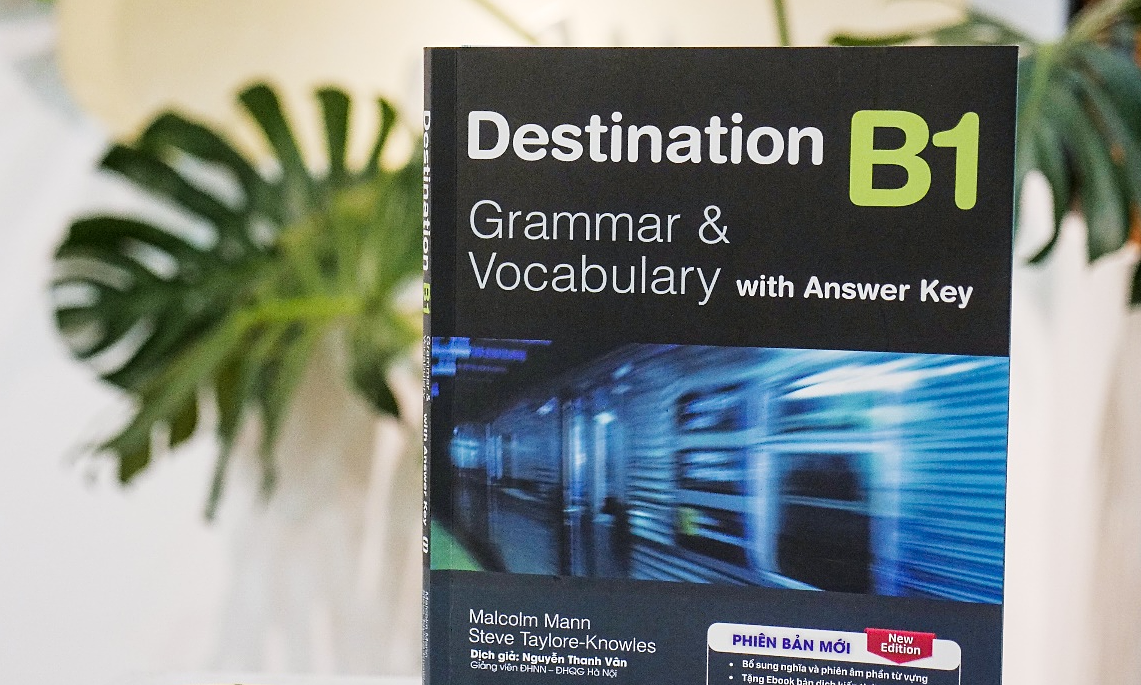Pity for Vietnamese Parents Burdened by IELTS Costs

The Evolution of Learning English
Learning a language is a journey that often begins with the basics—textbooks, dictionaries, and structured lessons. For many, this traditional approach forms the foundation of their linguistic skills. Over time, this method can be incredibly effective, allowing individuals to grasp complex sentences and understand intricate ideas even when they are long and convoluted.
In the past, reading newspapers like The Times was a challenge in itself. Articles on topics such as travel, gardening, entertainment, and social culture were written with a level of sophistication that required careful attention. These pieces often included idiomatic expressions, cultural references, and local phrases that could be difficult for non-native speakers to fully comprehend. Even with extensive dictionary use, some nuances remained elusive, requiring further research through online resources or discussions with others.
Modern textbooks, particularly those used in high schools, tend to be more dense and complex. A single concept might be expanded into multiple directions, with lengthy descriptions and elaborate explanations. While these texts aim to engage a scientifically interested audience, they often present a challenge due to their verbose nature. Ideas may seem disconnected, and understanding the flow of information can be difficult without strong memorization skills.
This complexity is not limited to textbooks. Reading an article on English Wikipedia can also be a demanding task. Despite its vast knowledge base, the content is often filled with technical terms, abstract concepts, and layered explanations. This is what makes "real English" so challenging—it mirrors the complexity of everyday life, where clarity is not always guaranteed.
Understanding the National High School Graduation Exam
Recently, I had the opportunity to take the 2025 national high school graduation English exam. After completing it, I realized that success in this test depends on three key factors: vocabulary comprehension, sentence structure analysis, and the ability to infer meaning from context. Unlike subjects like Math or Physics, which rely on clear rules and formulas, English requires a different kind of thinking. The answers are often hidden within the text, with subtle hints that require careful observation.
The logic of the reading passages follows a predictable pattern, making it possible for students to apply their knowledge in various ways. However, the difficulty lies in the sheer volume of unfamiliar words. Some may argue that the exam uses too many complex terms, but it's important to recognize that full comprehension of every word is not necessary. For example, phrases like "burn the midnight oil" might only be partially understood, with the key word "midnight" providing enough context. Similarly, "sleight of hand" can be interpreted based on the word "hand," while the tone of the passage can indicate whether the author is praising or criticizing.
Many of these challenging words appear in intensive exam preparation materials used by younger students. So why does the exam still feel so difficult?
Challenges in Modern Education
One reason is the gap between parental expectations and student experiences. Parents may love their children deeply, but they often struggle to fully understand the pressures students face. Adults juggle work and responsibilities, while students focus on school. Without consistent practice, knowledge can fade over time. Students may not have enough time to deeply absorb and retain all the information before graduation.
Additionally, modern students learn differently than previous generations. Today’s education emphasizes all four language skills: listening, speaking, reading, and writing. However, time and resources are limited, and students often speak quickly and casually, unlike the methodical approach used in the past. This shift in learning style can make mastering a language more challenging.
Personal Experience and Reflections
In my own experience, I never attended an English center or relied on expensive tests like IELTS. Instead, I studied using small, black-and-white English books with yellowish paper. These books contained varied sentence structures, helping me become familiar with complex syntax. Through regular reading, grammar practice, and exercises, I developed a strong understanding of the language.
Later, I encountered another textbook that was more visually appealing but filled with overly complicated sentences. My mother even bought me a heavy Vietnamese-English dictionary from 1995, which felt as solid as a brick. Back then, there was no Internet, no Google, and certainly no ChatGPT. Yet, we studied diligently, and even if sentences were long, I could still grasp the main idea. This shows that with persistence and the right approach, language learning is always possible.

Comments
Post a Comment